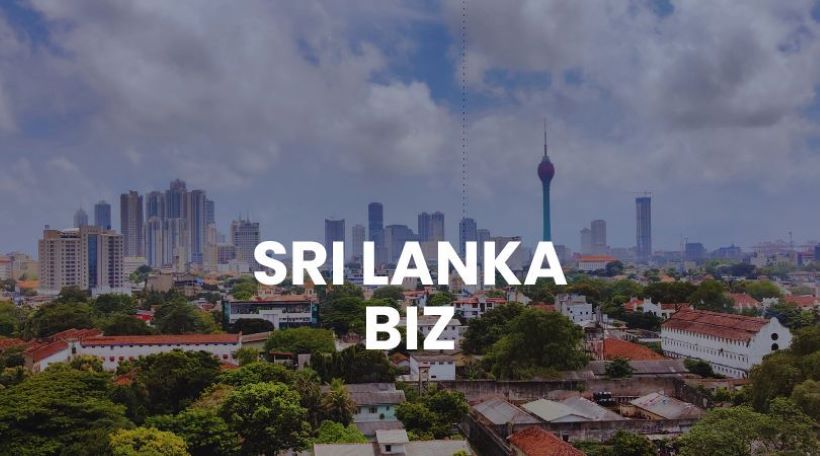Sri Lanka’s apparel industry, already shaken by recent U.S. tariff announcements, now faces fresh uncertainty as the European Union prepares to review the country’s eligibility for the Generalised Scheme of Preferences Plus (GSP+) this month.
Economist and Director at Arutha Research, Rehana Thowfeek, warns that the potential loss of GSP+ could be a major setback for the sector. “The EU is one of Sri Lanka’s largest export destinations, especially for apparels. If GSP+ is removed, it would be another blow for the apparel industry, which is already affected by the new U.S. trade policy,” she told EconomyNext.
GSP+ allows Sri Lanka duty-free access to EU markets, making local exports significantly more competitive. In exchange, the country must comply with 27 international conventions relating to human rights, labor standards, environmental protection, and good governance.
The upcoming review has drawn attention to Sri Lanka’s ongoing use of controversial legislation, including the Prevention of Terrorism Act (PTA) and the Online Safety Act. These laws have raised red flags among EU officials and human rights advocates.
Foreign Minister Vijitha Herath recently confirmed in Parliament that an EU delegation is scheduled to visit Sri Lanka this month to assess compliance. One key concern is the use of the PTA, which the Sri Lanka Lawyer’s Collective claims has enabled arbitrary detention and torture.
“The PTA has a record of being used as a weapon and continues to be used against any citizen with impunity,” the collective said. They cited a recent case in which a youth was detained without charge for placing an anti-Israel sticker in a Colombo shopping mall.
The EU is Sri Lanka’s second-largest export market, generating over $1.5 billion annually. The potential loss of GSP+ could deal a serious blow to this income stream, especially given the fragile state of the economy.
Sri Lanka has a turbulent history with GSP+. The scheme was suspended in 2010, following the end of the civil war, due to human rights concerns. It was reinstated in 2017 after a period of reform, but now risks being withdrawn once again.
The situation is further complicated by President Trump’s recent announcement of steep tariffs on Sri Lankan imports, which has already created uncertainty among U.S. buyers. Although those tariffs have been temporarily stayed for 90 days after a market backlash, the apparel industry fears long-term damage.
“Potentially, we could see the bulk of our U.S. business migrate to competitor markets,” said Yohan Lawrence, Secretary General of the Joint Apparel Association Forum (JAAF).
As both the EU and U.S. markets waver, Sri Lanka’s apparel exporters are bracing for a challenging year ahead.


